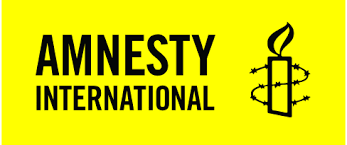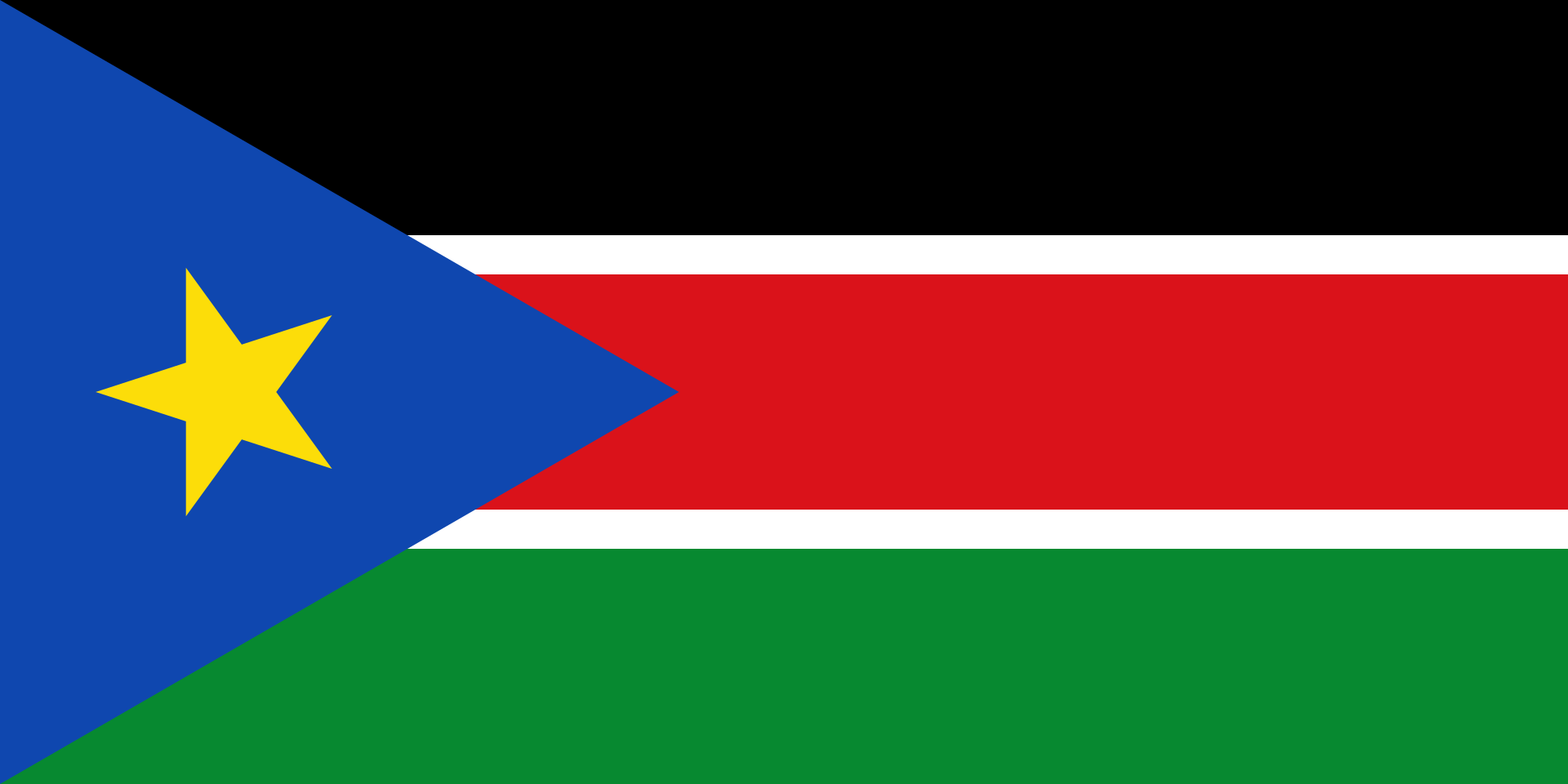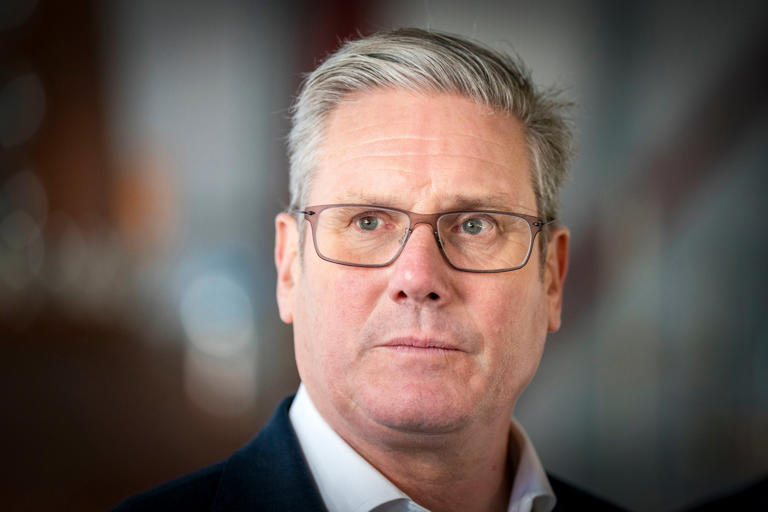Responding to a vote at the United Nations General Assembly (UNGA) today in favour of internationalizing cooperation on tax and working towards a tax treaty, Amnesty International's Advisor on Taxation and Human Rights, Riva Jalipa, said:
"Hundreds of billions of dollars are being lost annually to aggressive tax avoidance and evasion by companies and individuals, hampering the ability of states to maximize their resources to fulfil their human rights obligations, and disproportionately harming the poorest and most vulnerable in societies.
"This vote is a critical step towards much-needed reform of the international tax system and paves the way for an international treaty which is urgently needed to address the estimated US$500 billion every year lost globally to tax abuse.
"A treaty should ultimately generate more resources for development and climate finance, for recovering and returning stolen assets, and for improving public institutions. Without it, tax evasion and avoidance will continue to have a corrosive effect on societies, eroding trust, undermining financial integrity, the rule of law and sustainable development.
"Amnesty International reiterates its call to place human rights at the heart of any international tax reform process and eventual treaty. This will ensure that states' existing human rights obligations both guide and inform the negotiations and the outcome."
Background
The resolution passed by states at the UNGA second committee calls for a two-step process to negotiate a UN Framework Convention on International Tax Cooperation. It was proposed by Nigeria, and backed overwhelmingly, despite opposition from some higher income states including the United States and the United Kingdom.
Firstly, a committee will agree terms of reference for negotiating a convention, which will be finalized by autumn 2024. In the second stage, a treaty text will be negotiated. The resolution agreed to take into account the needs, priorities and capacities of all countries, in particular developing countries and countries in special situations.
Although a tax agreement was secured through the auspices of the Organisation for Economic Co-operation and Development (OECD) in 2021, both the process and outcomes have been insufficiently inclusive and fair, especially with respect to non-OECD member countries.









